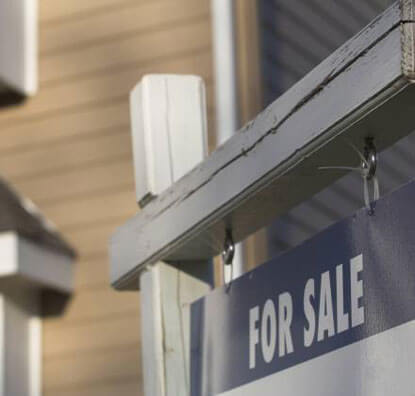The US Securities and Exchange Commission announced on Monday that it had ordered an emergency asset freeze to block a Ponzi scheme that involved New Zealand based and US based companies that had been selling false investment opportunities. The sham offers ranged from investing in a bank trading program to investing in kidney dialysis clinics in New Zealand.
According to allegations of the SEC, one Christopher A.T. Pedras, who has residences in both New Zealand and in US had led investors to believe they were investing in a trading platform that acted as an intermediary between global banks who were prevented from dealing otherwise between themselves. With the lure of 4-8 percent monthly returns on their investment, investors were not difficult to find for Pedras.
When Pedras and his partner Sylvester M. Gray III found difficulties in paying investors, they placed another scheme of investing in kidney dialysis clinics in New Zealand and told investors in the earlier scheme that the value of their investments would be increased by eighty percent if they shifted their investments to the new scheme.
In between, Pedras and his partners and associates managed to raise more than $5.6 million from at least 50 US investors. Out of the money, about $1.2 million went to sales agents, $2.4 million was paid back as “returns” to hide the Ponzi scheme from investors, and the rest went to the pocket of Pedras.
Instead of investing, Pedras spent the money on cars, retail purchases, and transferred most of the money to his other companies. He also made large amounts of cash withdrawals.
When Pedras came to know about the SEC investigation, he advised his investors to refuse to respond if contacted by the SEC as because the SEC investor questionnaires were “fake” and also because the SEC investigation was motivated by a “personal vendetta.”
However, the investors declined to honor Pedras’ requests.
Michele Wein Layne, director of the SEC’s Los Angeles Regional Office said, “Rather than conducting any legitimate business activity, Pedras and his partners were simply operating a Ponzi scheme that was ultimately doomed to collapse … This emergency action stops them from fraudulently raising any more money from US investors.”













































